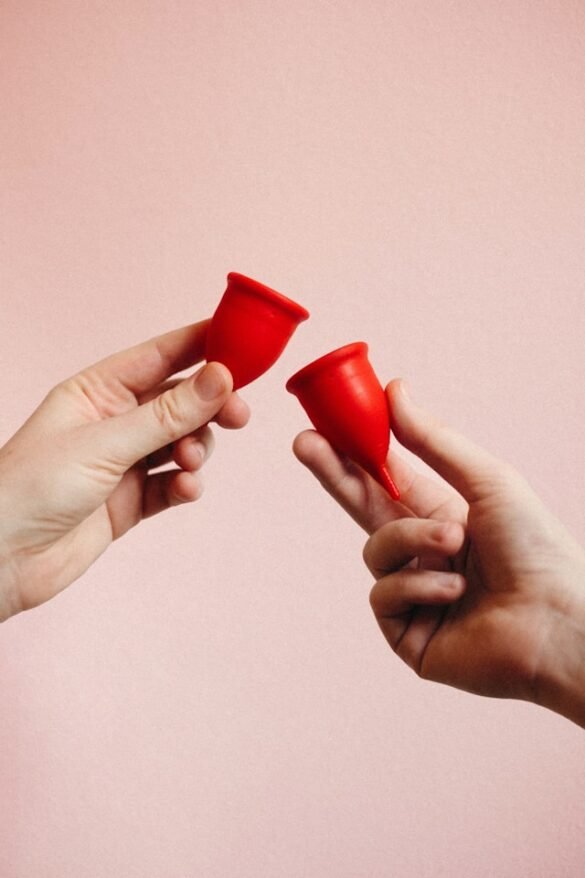Maintaining proper menstrual hygiene is a fundamental aspect of women’s health and well-being. Yet, despite growing awareness, menstrual health is still surrounded by stigma, misinformation, and limited access to safe hygiene products—especially in low-resource settings. For readers of Medcare 360 Magazine, understanding and prioritizing menstrual hygiene is key to empowering women and girls to live healthier, more confident lives.
Understanding Menstrual Hygiene
Menstrual hygiene management (MHM) refers to the use of clean menstrual products, access to safe facilities for changing and disposal, and the practice of good hygiene during menstruation. It also includes access to accurate information about the menstrual cycle, reproductive health, and support systems that reduce social stigma.
Women and adolescent girls should be educated on the importance of regular changing of sanitary products, such as pads, tampons, menstrual cups, or period underwear. Prolonged use of the same product can lead to bacterial infections, rashes, or more serious health conditions like toxic shock syndrome (TSS).
Safe Menstrual Products and Their Use
Choosing the right menstrual product is a personal decision based on comfort, lifestyle, and access. Here’s a quick overview:
- Sanitary pads: Widely used and easy to find, but require frequent changing (every 4–6 hours).
- Tampons: Convenient for active lifestyles but must be changed every 4–8 hours to prevent TSS.
- Menstrual cups: Eco-friendly, reusable, and cost-effective in the long run.
- Period underwear: A newer, washable option suitable for light to moderate flow days.
All products must be stored and used hygienically. Hands should be washed thoroughly before and after changing any menstrual product. Used products should be disposed of in a sanitary manner—preferably wrapped and placed in dedicated disposal bins.
Addressing the Stigma
In many cultures, menstruation is still considered taboo, leading to shame and secrecy. Girls often start their periods without prior knowledge, making their first experiences traumatic. It’s crucial to promote menstrual education in schools, workplaces, and healthcare settings to foster open discussions and normalize periods as a natural biological process.
Role of Healthcare Providers
Gynecologists in the UAE, general practitioners, and women’s health clinics play a critical role in menstrual education. Regular check-ups help detect issues like irregular periods, endometriosis, or polycystic ovary syndrome (PCOS)—all of which can impact menstrual hygiene practices.
Women should feel comfortable discussing their menstrual concerns with their doctors to receive personalized advice on hygiene, product options, and managing menstrual pain.
Creating Period-Friendly Spaces
A menstrual-friendly environment includes access to clean bathrooms, running water, sanitary disposal units, and privacy. Employers, schools, and public facilities must ensure these are available to support menstrual hygiene.
Conclusion
Menstrual hygiene is not a luxury—it’s a necessity for physical, emotional, and social well-being. By breaking taboos, providing access to safe menstrual products, and ensuring proper education, we can empower every woman and girl to manage her period with dignity.
